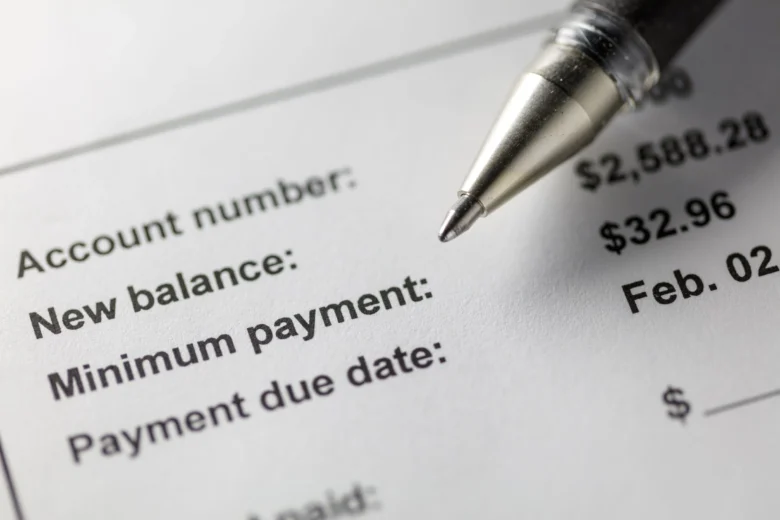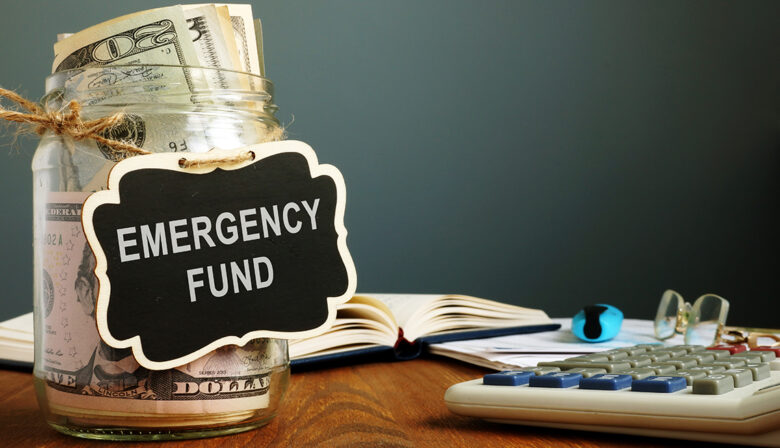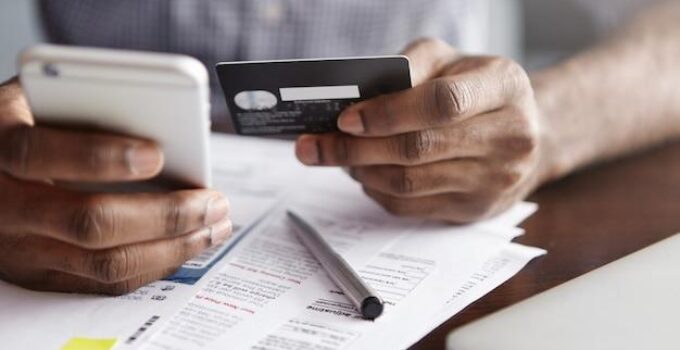Whether you need to take your cat in to the vet or cover an emergency auto repair, a line of credit can help. This flexible financial tool provides a practical backup when your budget is at its breaking point. As long as you have credit available, you can withdraw cash from your account and take care of business.
Unexpected emergencies (like the vet car and car trouble mentioned above) can come at the worst time for your finances, and not just because you can’t afford to pay these expenses upfront. For many cash-strapped borrowers, things are so tight that they can’t pay off their line of credit balance by the due date either.
The minimum payment is there to help in these stressful situations. It lets you pay a fraction of your balance without going into arrears, so you can take the pressure off your budget.
But what about those times when you can afford to pay more than the minimum? While you can easily conjure up more thrilling ways to spend that extra cash, you should put it towards your balance.
What is the Minimum Payment?

Source: clearoneadvantage.com
The minimum is the smallest amount your lender expects you to pay by the due date. As long as you cover this small amount of your bill, you won’t face late fines.
Some lenders consider this payment enough to keep your account in good standing. If you still have credit available, you can continue to draw against your limit and use your line of credit for other purchases.
How much you have to pay depends on your lender’s policies and your balance.
Some lenders expect you to pay a flat fee of around $10, while others set their minimums to be around 5% of your outstanding balance. Your lender might generate a minimum that’s based on a flat fee towards your principal plus the interest charged on your outstanding balance.
No Legitimate Lender Encourages You to Rely on the Minimum
The minimum can be a lifesaver in a financial jam, like when you have to juggle multiple urgent expenses, and you don’t have enough cash to go around. Rather than dropping an expense, you can opt to pay less than your full line of credit balance and use that extra cash on something else important.
As helpful as this option may be, a lender like Fora says you shouldn’t expect to rely on the minimum full-time. According to Foracredit.ca, it’s always a good idea to pay as much of your balance as possible.
Here’s why:
Keeping Your Safety Net Available in an Emergency

Source: aarp.org
You never know what could be lurking around the corner, and you could be dealing with another big, unexpected expense before you know it. If you consistently only ever pay the minimum, your safety net may not provide enough backup to cover this next emergency.
No matter how your lender calculates the minimum, it represents a small fraction of your balance. That means the majority of your balance carries over to the next billing statement, during which time it ties up your credit limit. You can’t use those funds that you haven’t paid back yet, so you have less credit available for the next emergency.
Saving Money on Interest
A line of credit is different from the typical personal loan, as interest only starts to accrue on your balance — not the total limit available. Paying the minimum ensures you have a balance that accumulates interest and other charges.
Ideally, you would pay your entire balance upfront in one lump sum. After all, you can’t accrue interest on a $0 balance. But don’t worry if you can’t make this kind of payment right away. Even doubling your minimum promises enormous savings.
Suppose you have a $5,000 balance on a credit card with an APR of 18%, and your minimum is the interest plus 1% of your balance. Assuming you don’t make any additional draws, the minimum will be $125.
- If you make the minimum payment each month, it will take more than 22 years to pay off your debt, resulting in interest charges totaling $6,923.09.
- If you decide to pay a monthly fixed payment of $250, you will clear the debt in approximately two years, while paying only $989.13 in interest charges.
That’s a startling difference for your wallet!
Breaking Free from the Debt Cycle

Source: bankrate.com
As you can see from the example above, the minimum keeps you in debt longer. If you make the habit of only ever making the minimum, you can fall into a seemingly never-ending cycle of debt.
Remember that the minimum payment is often designed to cover only the interest charges, leaving the principal balance largely untouched.
Like many people today, you probably already have enough bills to worry about without adding a persistent line of credit balance. By paying more than the minimum, you can get out of debt’s thumb and reduce the stress that comes with owing money long-term.
Improving Credit Score
Depending on how your lender reports account activity, your balance could have an astounding impact on your credit score. That’s because your credit utilization ratio, which is the amount of credit used compared to the total available credit, is the second-most weighted factor of your score.
A high credit utilization ratio (those accounts that inch closer to getting maxed out) may reflect poorly on your financial reputation, so it might bring your overall score.
Does this mean you have to worry about any time you max out your card? Not necessarily. Using your entire limit may not impact your score, as long as you pay the majority of this balance off by your due date. It’s when you keep this high balance that your score suffers.
While financial advisors recommend keeping your ratio under 30%, Al Bingham, credit expert and author of “The Road to 850” tells CNBC borrowers should aim for less than 5%.
What Can You Do to Maximize Your Payments?

Source: thebalancemoney.com
Paying more than the minimum payment on lines of credit offers numerous advantages that extend beyond immediate financial relief. It empowers you to escape the debt trap, save money through interest reduction, and potentially improve your credit score.
As the example about interest accrual shows, you don’t have to cover your full balance to reap the rewards. (Although that is ideal!). Even just doubling your minimum can help save you money and stress. So, sit down with your budget to see if you can move money around and pay more than the minimum.




